Tessa Eysink is full professor on the chair Technology-Enhanced Learning and Instruction and head of the Department of Instructional Technology. She graduated in cognitive science, received a PhD in educational science, and is currently working on the intersection of psychology and instructional design. Her research interests focus on social inclusion of the gifted and talented in the regular classroom in relation to instructional design. She is experienced in studying and developing digital learning environments, mostly in the field of inquiry learning and learning by design in science education. The past few years her focus shifted from general learning systems to more adaptive and tiered learning environments that are tailored to the specific needs of the learner. In addition, she also broadened her focus to informal learning.
From 2021 to 2024, Tessa was the programme director of the master programme Educational Science and Technology.
On May 15, 2025, Tessa delivered her inaugural lecture for family, friends and colleagues.
Organisations
Ancillary activities
- Alice Bekke & partnersAdvisory Board
Research interests:
- differentiation
- giftedness
- adaptive learning environments
- instructional design
- inquiry learning
- technology-enhanced learning
- informal science learning
- learning processes
Other contributions
Selected publications
Klaver, L., Sins, P., Eysink, T.H.S., & van Dijk, A.M. (accepted). Measuring availability and production of primary students’ self-regulated learning strategies during inquiry-based science education. Psychology in the Schools.
Barrios Fleitas, Y., Hoogeboom, M., Eysink, T.H.S., & Rensink, A., (accepted). Evolution, trends, and future of team effectiveness research: a systematic three-decade review. Small Group Research.
Önal, N., İlhan, A.G., Önal, N.T., & Eysink, T.H.S. (2025). The effect of Micro:Bit applications on middle School students' attitudes towards coding. Journal of Learning and Teaching in Digital Age, 2025, 10, 187-198. doi:10.53850/joltida.1575451
Lal, S., Eysink, T. H. S., Gijlers, H. A., Veldkamp, B. P., Steinrücke, J., & Verwey, W. B. (2024). Explicit metrics for implicit emotions: investigating physiological and gaze indices of learner emotions. Frontiers in Psychology. 15, Article 1440425. doi:10.3389/fpsyg.2024.1440425
Sins, P., de Brouwer, J., van Dijk, A., Eysink, T., Morssink-Santing, V., & Klaver, L. (2024). Zelfregulerend Leren in het W&T-Basisonderwijs [Self-Regulated Learning in Science Education]. Enschede, Nederland, TechYourFuture. https://www.techyourfuture.nl/wp-content/uploads/2024/06/401-0091-Publicatie-over-zelfregulerend-leren-DIGITAAL.pdf
Chatzidaki, E., Papavlasopoulou, S., Gijlers, H., Eysink, T.H.S., & Giannakos, M. (2024). Science Chaser app: a gamified learning journey into STEM activities. In: Proceedings of ACM Interaction Design and Children Conference: Inclusive Happiness (pp. 951-954). Association for Computing Machinery.
Chatzidaki, E., Papavlasopoulou, S., Gijlers, H., Eysink, T.H.S., & Giannakos, M. (2024). Technology-enhanced STEM learning in childhood. In: Proceedings of ACM Interaction Design and Children Conference: Inclusive Happiness (pp. 1020-1022). Association for Computing Machinery.
Kuang, X., Eysink, T.H.S., & de Jong, T. (2024). Presenting domain information or self-exploration to foster hypothesis generation in simulation-based inquiry learning. Journal of Research in Science Teaching, 61, 70-102. doi:10.1002/tea.21865
Stroet, K., Endedijk, H., van der Liende, M., Eysink, T.H.S., Gijlers, H., & Jolles, D. (2022). Schoolsucces als de scholen dicht zijn? Een onderzoek naar de rol van ondersteuning door leerkrachten en ouders tijdens de coronacrisis. [School success when schools are closed? An study into the role of support by teachers and parents during the COVID-19 pandemic.] Pedagogische Studiën, 99, 200-221.
Kuang, X., Eysink, T.H.S., & de Jong, T. (2022). Effects of providing domain information on facilitating hypothesis generation in inquiry learning. The Journal of Educational Research, 115, 285-297. doi:10.1080/00220671.2022.2124219
Wang, Y., Eysink, T.H.S., Qu, Z., Yang, Z., Shan, H., Zhang, N., Zhang, H., & Wang, Y. (2022). Interactive Response System to promote active learning in Intelligent Learning Environments. Journal of Educational Computing Research, 60, 1867-1891. doi:10.1177/07356331221082191
Hogenkamp, L., van Dijk, A.M., & Eysink, T.H.S. (2021). Analyzing socially shared regulation of learning during cooperative learning and the role of equal contribution: a grounded theory approach. Education Sciences, 11, 512. doi:10.3390/educsci11090512
Eysink, T.H.S. & Schildkamp, K. (2021). A conceptual framework for Assessment-Informed Differentiation (AID) in the classroom. Educational Research, 63, 261-278. doi:10.1080/00131881.2021.1942118
Eysink, T.H.S., van Dijk, A.M., & de Jong, T. (2020). BE COOL! a digital learning environment to challenge and socially include gifted learners. Educational Technology Research and Development, 68, 2373-2393. doi:10.1007/s11423-020-09754-9
van Dijk, A.M., Eysink, T.H.S., & de Jong, T. (2020). Supporting cooperative dialogue in heterogeneous groups in elementary education. Small Group Research, 51, 464-491. doi: org/10.1177/1046496419879978
Kuang, X., Eysink, T.H.S., & de Jong, T. (2019). Effects of providing partial hypotheses as a support for simulation-based inquiry learning. Journal of Computer-Assisted Learning, 36, 487-501. doi:10.1111/jcal.12415
Rijke, W.J., Bollen, L., Eysink, T.H.S., & Tolboom, J.L.J. (2018). Computational thinking in primary school: An examination of abstraction and decomposition in different age groups. Informatics in Education, 17, 77-92. doi:10.15388/infedu.2018.05
Eysink, T.H.S., Hulsbeek, M., & Gijlers, H. (2017). Supporting primary school teachers in differentiating in the regular classroom. Teaching and Teacher Education, 66, 107-116. doi:10.1016/j.tate.2017.04.002
van Dijk, A.M., Eysink, T.H.S., & de Jong, T. (2016). Ability-related differences in performance of an inquiry task: The added value of prompts. Learning and Individual Differences, 47, 145-155. doi:10.1016/j.lindif.2016.01.008
Eysink, T.H.S., Gersen, L., & Gijlers, H. (2015). Inquiry learning for gifted children. High Ability Studies, 26, 63-74. doi:10.1080/13598139.2015.1038379
Eysink, T. H. S., & de Jong, T. (2012). Does instructional approach matter? How elaboration plays a crucial role in multimedia learning. Journal of the Learning Sciences, 21, 583-625. doi:10.1080/10508406.2011.611776.
Kolloffel, B., Eysink, T. H. S., & de Jong, T. (2011). Comparing the effects of representational tools in collaborative and individual inquiry learning. International Journal of Computer-Supported Collaborative Learning, 6, 223-251.
Eysink, T. H. S., & de Jong, T. (2010). Leren in multimediale leeromgevingen: een vergelijking van instructiebenaderingen. [Learning in multimedia learning arrangements: an analysis across instructional approaches.] Pedagogische Studiën, 87, 66-76.
de Jong, T., Eysink, T. H. S., & van Merriënboer, J. (2010). Leren met multipele representaties in computergebaseerde leeromgevingen. [Learning with multiple representations in computer-based learning environments.] Pedagogische Studiën, 87, 3-8.
Kolloffel, B., Eysink, T. H. S., & de Jong, T. (2010). De rol van externe representaties bij het leren van combinatoriek en kansrekening met computersimulaties. [The role of external representations in simulation-based inquiry learning.] Pedagogische Studiën, 87, 51-65.
Kolloffel, B., Eysink, T. H. S., & de Jong, T. (2010). The influence of learner-generated domain representations on learning combinatorics and probability theory. Computers in Human Behavior, 26, 1-11. doi:10.1016/j.chb.2009.07.008
Berthold, K., Eysink, T.H.S., & Renkl, A. (2009). Assisting self-explanation prompts are more effective than open prompts when learning with multiple representations. Instructional Science, 37, 345-363.
Eysink, T.H.S., de Jong, T., Berthold, K., Kolloffel, B., Opfermann, M., & Wouters, P. (2009). Learner performance in multimedia learning arrangements: An analysis across instructional approaches. American Educational Research Journal, 46, 1107-1149.
Gerjets, P., Scheiter, K., Opfermann, M., Hesse, F.W. & Eysink, T.H.S. (2009). Learning with hypermedia: The influence of representational formats and different levels of learner control on performance and learning behavior. Computers in Human Behavior, 25, 360-370.
Kolloffel, B., Eysink, T.H.S., de Jong, T., & Wilhelm, P. (2009).The effects of representational format on learning combinatorics from an interactive computer-simulation. Instructional Science, 37, 503-517.
Hulshof, C.D., Eysink T.H.S., & de Jong, T. (2006). The ZAP Project: Designing interactive computer tools for learning of psychology. Innovations in Education and Teaching International, 43, 337-351.
Hulshof, C.D., Eysink, T.H.S., Loyens, S., & de Jong, T. (2005). ZAPs: Using interactive programs for learning psychology. Interactive Learning Environments, 13, 39-53.
Eysink, T.H.S., Dijkstra, S., & Kuper, J. (2002). The role of guidance in computer-based problem solving for the development of concepts of logic. Instructional Science, 30, 307-333.
Eysink, T.H.S., Dijkstra, S., & Kuper, J. (2001). Cognitive processes in solving variants of computer-based problems used in logic teaching. Computers in Human Behavior, 17, 1-19.
Van der Pal, J., & Eysink, T. (1999). Balancing situativity and formality: The importance of relating a formal language to interactive graphics in logic instruction. Learning and Instruction, 9, 327-341.
Research profiles
From 2021 till 2024, Tessa Eysink was the programme director of the master programme Educational Science and Technology.
Affiliated study programs
Courses academic year 2025/2026
Courses in the current academic year are added at the moment they are finalised in the Osiris system. Therefore it is possible that the list is not yet complete for the whole academic year.
Courses academic year 2024/2025
Current projects
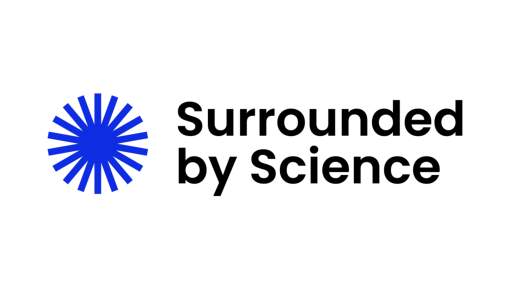
Surrounded by Science
Learning paths towards science proficiency
EU project (Horizon 2020 - SWAFS) about the role of informal science learning in acquiring science proficiency. Tools will be developed to support science organizations in designing more effective science activities and to stimulate citizens to become more science proficient. Duration: 2021 - 2024.
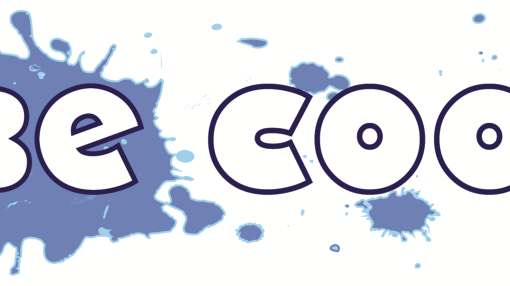
BE COOL!+
Bevorderen van zelfregulatie tijdens onderzoekend leren binnen het W&T basisonderwijs
Project, funded by TechYourFuture, in which we combined differentiated support for self-regulation with differentiated instruction for inquiry learning in science lessons. Duration: 2019-2022.
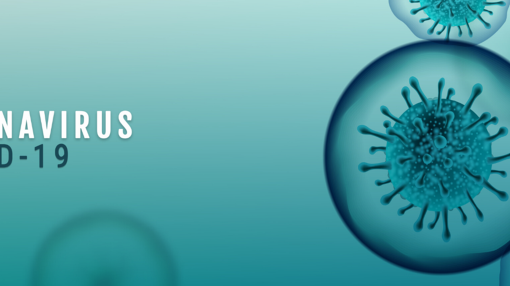
Students, families, and schools
differential effects of COVID-19 on primary school students’ academic achievement, engagement and wellbeing
Project, funded by the BMS COVID-19 fund, in which we investigated to what extent school characteristics (and more specifically which ones) influence students’ academic performance, engagement, and wellbeing and how this has changed over the period of the nine months following the outbreak of COVID-19 in the Netherlands. Duration: 2020.
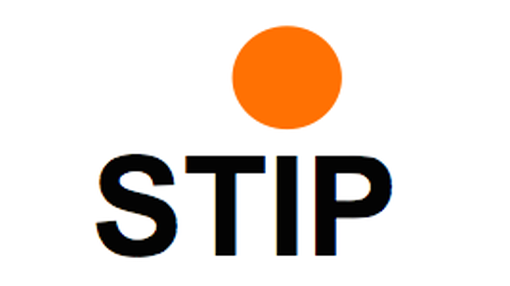
STIP met TIPS
de STIP-methodiek met Training en Instructie voor Projectmatig Samenwerken
Project, funded by NRO, in which we investigated which problems primary school students encounter when working together on science topics and sharing their knowledge. Duration: 2020.
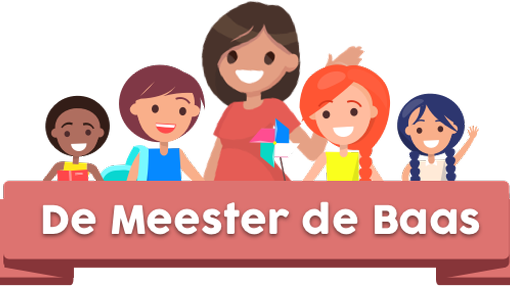
Hoogbegaafdheid: De meester de baas
Project, funded by RAAK, in which a digital game was designed to raise awareness among teachers about giftedness. Duration: 2016 - 2018.
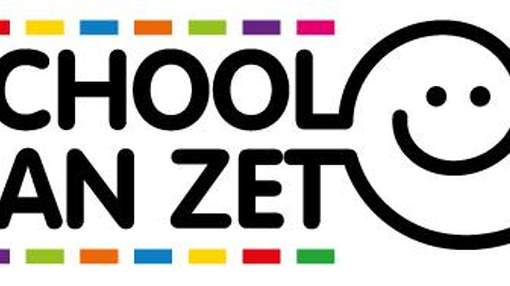
Talent mentality
Naar een raamwerk voor talentontwikkeling
Project, funded by Platform Beta Techniek / School aan Zet, in which we investigated which variables are relevant for talent development. This resulted in a framework based on which teachers can distinguish different types of children with different reason to excel or not. Duration: 2012.

LEMMA
Affordances for learning in multimedia learning environments
International project (together with the IWM-KMRC in Tübingen, the University of Freiburg, and the Open University Heerlen), funded by NWO/DFG, in which four techology-based learning environments based on a specific instructional approach were developed: (a) observational learning, (b) hypermedia learning, (c) inquiry learning, and (d) self-explanations learning. The effectiveness of different representational formats within each learning environment was investigated. Duration: 2004-2009.
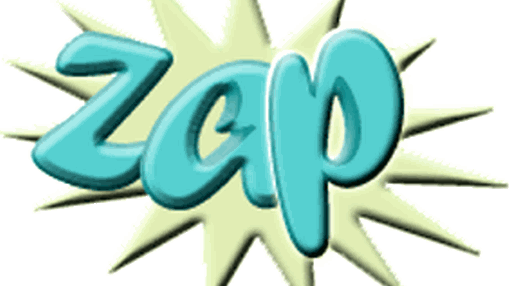
ZAP
Zeer Actieve Psychologie
Project, funded by SURF, in which we developed award-winning interactive learning modules based on inquiry learning and experiential learning for first-year psychology students. Duration: 2002-2004.
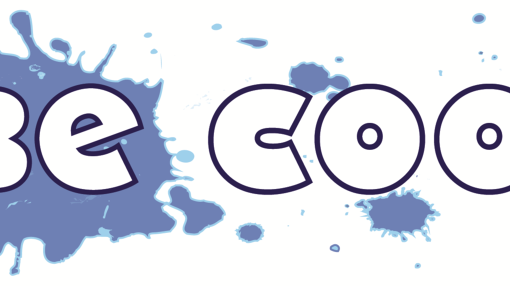
Bevorderen van zelfregulatie tijdens onderzoekend leren binnen het W&T basisonderwijs
Project, funded by NRO, in which we investigated the metacognitive skills of gifted and non-gifted primary school children while learning science by inquiry in a technology-based learning environment. Duration: 2017.
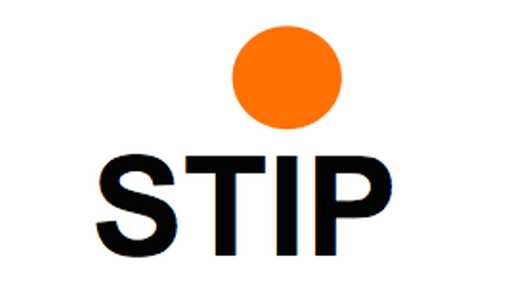
Samen in de klas met STIP
Samenwerken tijdens Taak-, Inhoud- en Procesdifferentiatie
Project, funded by NRO, in which we developed learning modules that supported primary school teachers in differentiating their science lessons. Duration: 2014 - 2015.
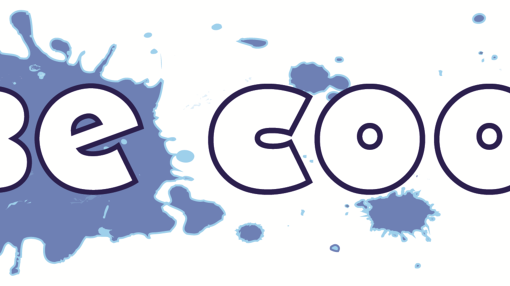
BE COOL!
Bevorderen van Excellentie door Coöperatief Onderzoekend en Ontwerpend Leren
In this OnderwijsBewijs project (funded by the Ministry of OC&W), we developed a digital learning environment based on inquiry learning and learning by design in which children of different ability levels worked in heterogeneous and homogeneous groups. In total, 34 schools in primary education participated in the project. Duration: 2011-2015.
Address
University of Twente
Capitool 15 (building no. 78), room 022
Capitool 15
7521 PL Enschede
Netherlands
University of Twente
Capitool 15 022
P.O. Box 217
7500 AE Enschede
Netherlands